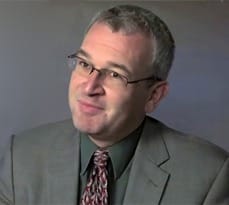A recognised climate change expert and government adviser has defended the European Union’s Emission Trading System (EU ETS) and says it is working as originally planned.
The European Parliament has approved a plan to delay the sale of emission allowances – backloading – to boost the depressed price of carbon. However, Dr David Reiner, University Senior Lecturer in Technology Policy at Cambridge Judge Business School, says that the failure of the flagship EU ETS, at the heart of Europe’s climate policy, could be seen to indicate a failure of the policy as a whole.
“The reality is that it is working as its supposed to, which is that you allocate permits at the start and over the course of time you need to meet your final target, and if you happened to have more permits you can sell them off, and if you happen to be short of permits you’ll have to buy some more.”
In an interview for Cambridge Judge Business School’s website, Dr Reiner says that firms and European member states are behaving ‘completely rationally’ and that there are two principle reasons for the ETS problems.
The first stems from the aggressive nature of member states in grabbing as many permits for themselves as possible in the initial allocation, and have been hampered by internal tensions which governments experience, especially where coalitions are involved.
“The second reason, again a sign that the system is working well, is that the economy has collapsed. If our economy had been growing for the last five years we would be short of permits and the price would be much higher than it is, but because we’re in this terrible recession there is a surplus of permits and the price is as low as it is.”


